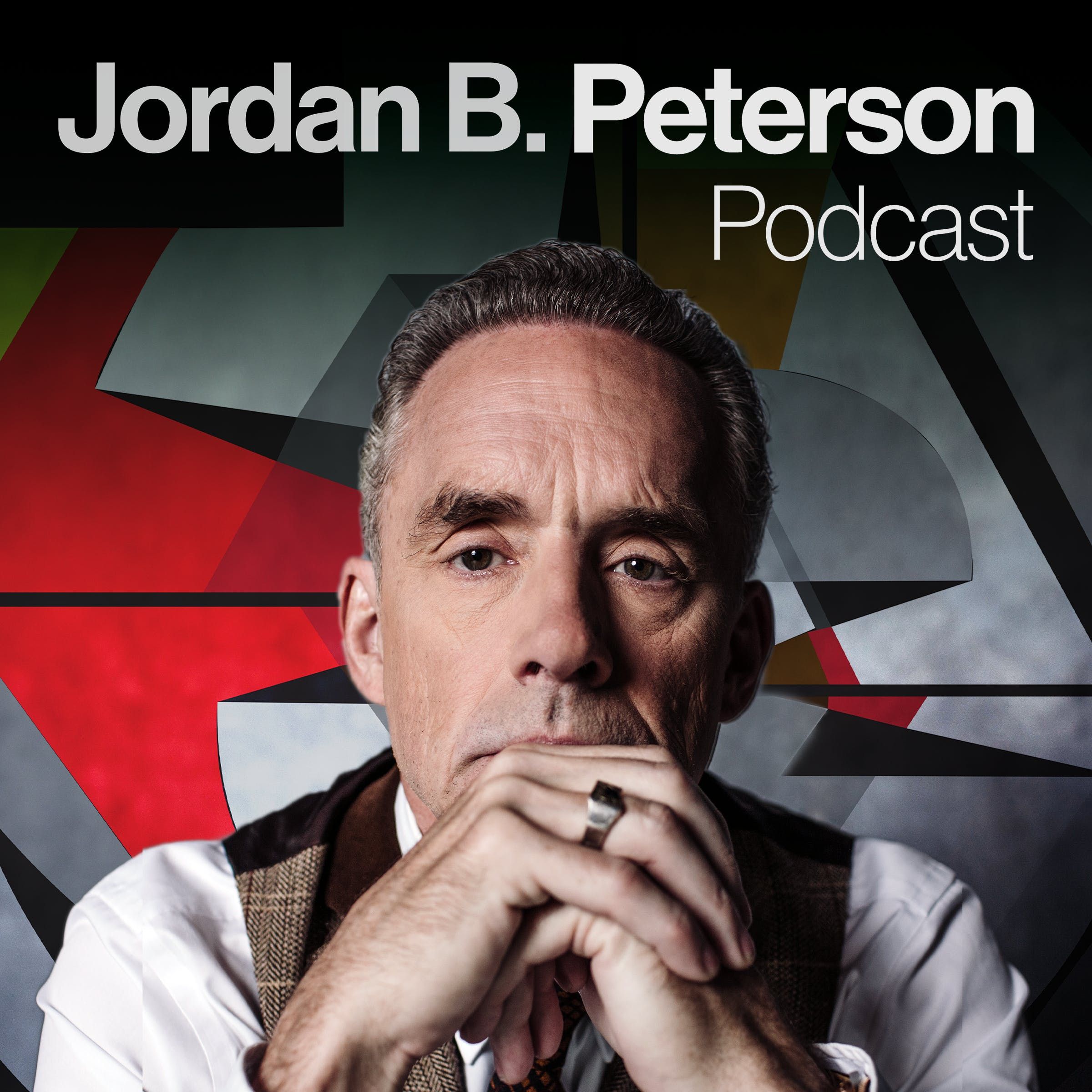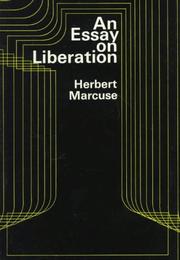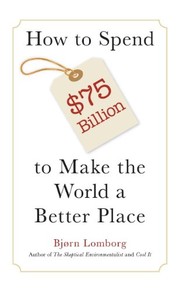📚 7 Books mentioned in "You are the Target | James Lindsay | EP 367" of The Jordan B. Peterson Podcast

Podcast: The Jordan B. Peterson Podcast
Episode: You are the Target | James Lindsay | EP 367
Published on June 15, 2023
Here’s a list of all the books mentioned in this episode. Click on the links to watch specific excerpts on YouTube and feel free to purchase the books if they caught your interest!

An Essay on Liberation
Buy An Essay on Liberation by Herbert Marcuse on Amazon
What did Marcuse write in '69? He wrote in 'An Essay on Liberation' that it's crucial that the resistance, meaning the radicals, take on the form, he said this, the clownish forms that so irritate the establishment.
Dr. Lindsay explicitly references Marcuse's book, 'An Essay on Liberation', discussing the idea that radical resistance should adopt clownish forms to disrupt the establishment. He uses this quote to illustrate how leftist totalitarian ideologies often employ parody and mockery in their tactics. This mention occurs during the episode titled 'You are the Target'.

COVID-19
Buy COVID-19 by Klaus Schwab, Thierry Malleret on Amazon
Did you read Klaus Schwab's 'Great Reset'? I did, and quite the aggregation of clichés.
Dr. Lindsay mentions reading Klaus Schwab's book, 'The Great Reset,' and he describes it as filled with many clichés. This serves as a springboard for him to critique the World Economic Forum, which he views as an organization aiming to consolidate power.

Das Kapital
Buy Das Kapital by Karl Marx on Amazon
If we focus on his economic analysis in 'Capital', we miss the entire picture.
During a discussion about the evolution of Marxism, Dr. Lindsay mentions Marx's 'Capital' in the context of explaining that focusing solely on the economic analysis is a mistake. He argues for a broader understanding that encompasses Marx's entire theory of man and the world.

How to Spend $75 Billion to Make the World a Better Place
Bjorn wrote a book a while back called 'How to Spend $75 Billion to Make the World a Better Place,' which is an intelligent approach to... I wouldn't say the polycrisis because that isn't how he frames it!
Dr. Lindsay discusses Bjorn Lomborg's book 'How to Spend $75 Billion to Make the World a Better Place', highlighting it as a thoughtful strategy for effectively allocating resources to address global challenges. This context contrasts with the way he perceives governments are currently managing these resources, which he relates to the notion of a 'polycrisis'. This discussion takes place during an episode of Dr. Jordan Peterson's podcast.

One-Dimensional Man
Buy One-Dimensional Man by Herbert Marcuse on Amazon
So we go back to our neo-Marxist Herbert Marcuse writing in 'One-Dimensional Man'... and what is he saying? What's his argument?
Dr. Lindsay refers to Herbert Marcuse's 'One-Dimensional Man' while discussing the challenges of socialism and capitalism. He uses this book to introduce Marcuse's argument about the unsustainability of socialism and the destructiveness of capitalism, suggesting a critical view on how blending these ideologies might lead to adverse outcomes. This mention is part of a larger dialogue about Marxist philosophy in a conversation with Dr. Jordan Peterson.

Phänomenologie des Geistes
Buy Phänomenologie des Geistes by Georg Wilhelm Friedrich Hegel on Amazon
So these sects that you're referring to in the Middle Ages of kind of bizarre Christianity were actually Gnostic heresies that were developing, and I think that by means of Hegel coming down through Marx, who inverted it, I believe we actually are looking at a Gnostic heresy hidden inside of economics, social — in fact, if we read 'Phenomenology of Spirit' from Hegel, 1807, a publication, you get distinctly the sense that what he means by spirit is what he says he means by spirit.
Dr. Lindsay mentions Hegel's 'Phenomenology of Spirit' while discussing the evolution of Gnostic heresies into modern socio-economic analysis. He references the book to illustrate Hegel's concept of spirit as a social phenomenon, contrasting it with the traditional spiritual interpretation. This mention occurs during a conversation with Dr. Jordan Peterson on the Jordan B. Peterson Podcast, episode 'You are the Target'.

The Great Narrative
Buy The Great Narrative by Klaus Schwab, Thierry Malleret on Amazon
So 'The Great Narrative,' his second book that he wrote… well, it's his fourth, really, but the second book he wrote in that series is much more poignant.
In the discussion, Dr. Lindsay mentions Klaus Schwab's second book in a series, 'The Great Narrative', describing it as more poignant compared to 'The Great Reset'. He emphasizes how Schwab employs business clichés to mask more radical ideas. This reference occurs during an enlightening debate with Dr. Peterson on the podcast.
